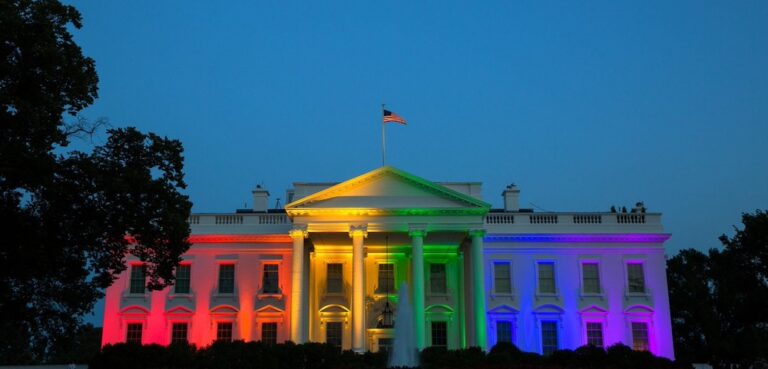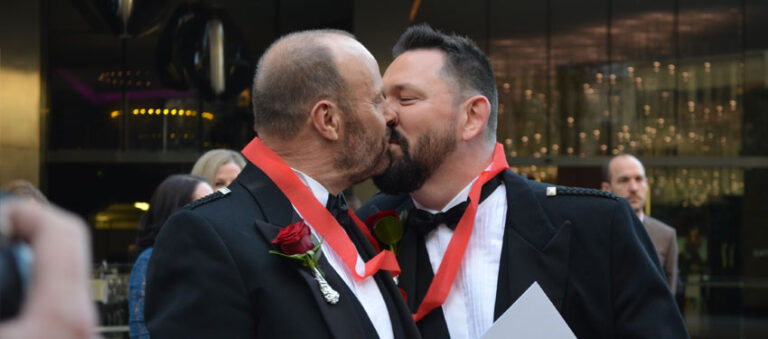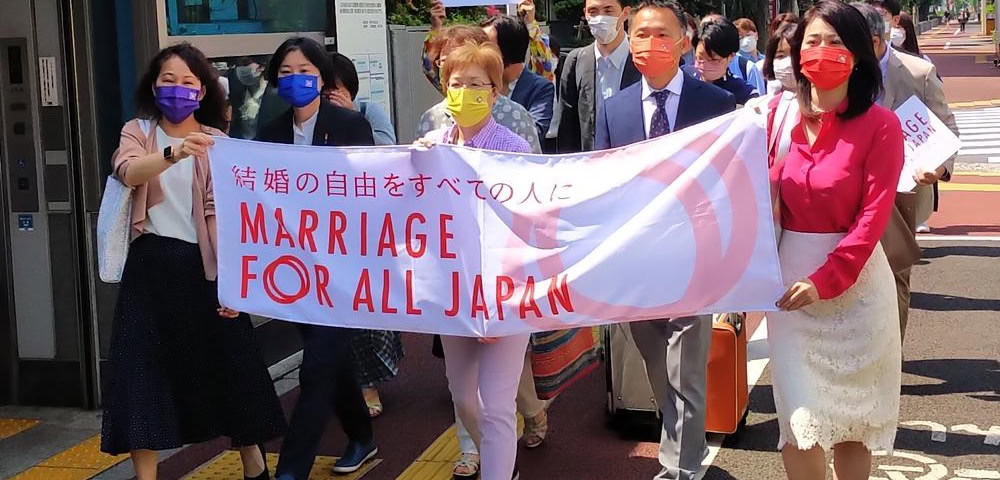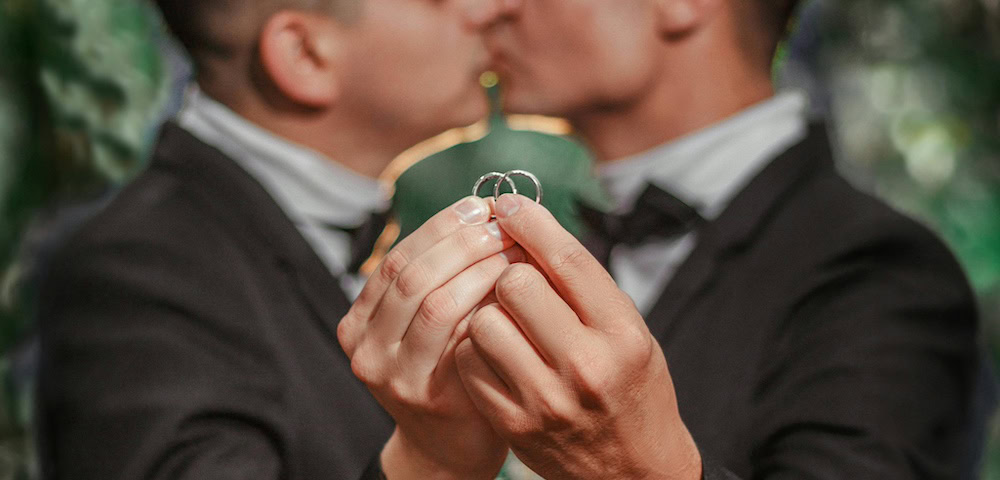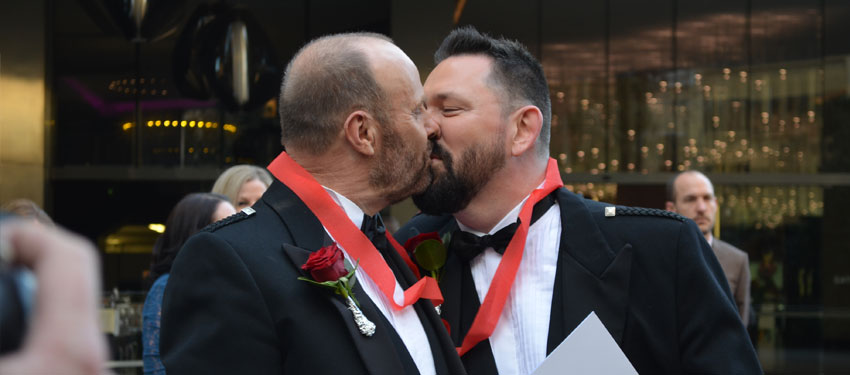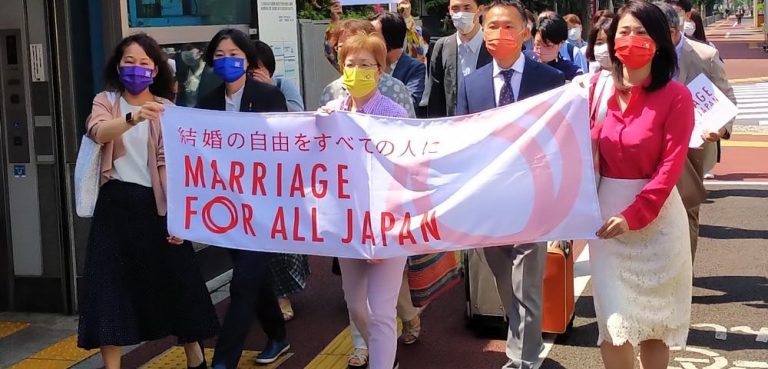

 Monday saw an interesting uproar after independent MP Tony Windsor suggested a popular vote on marriage equality at the next election. Windsor suggested that a plebiscite could be held in conjunction with the vote to recognise local government in the constitution.
Monday saw an interesting uproar after independent MP Tony Windsor suggested a popular vote on marriage equality at the next election. Windsor suggested that a plebiscite could be held in conjunction with the vote to recognise local government in the constitution.
Anyone who knows me knows that I am not really a big fan of marriage or the marriage equality movement (from a left-wing perspective), and given that I don’t think a vote on the issue is worth the resources. But the harsh reaction by many marriage advocates has been interesting, and for me really instructive as to where the movement sits.
There seems to be two main arguments against a popular vote. The first is that a vote will lead to a hate-filled campaign from those opposing equality. As George Williams said:
“National polls of this kind involve more than reasoned debate. They attract extreme views and give licence to the media to report them. This would likely include absurd and offensive claims that vilify gay and lesbian people. There are real dangers in holding a vote on contentious moral topics like gay marriage, abortion and euthanasia.
“Rather than uniting Australians, a plebiscite on gay marriage is likely to deepen divisions and further polarise the community. This is not the way to bring about social reform. The change should be positive and celebratory, as was the case in New Zealand, rather than edged with rancour and bitterness.”
This is a rather curious argument as it seems to ignore that conservative organisations already have a decent platform from which to campaign. Has anyone forgotten Jim Wallace comparing homosexuality to smoking, Helen Polley saying that same-sex marriage would lead to the next stolen generation or Cory Bernadi saying it will lead to bestiality? Conservatives are already campaigning and campaigning hard. Take a quick glance to France, where massive demonstrations have followed the passage of marriage equality, and you can see that this doesn’t just stop because a bill is passed by a Parliament.
Given this, I find it slightly odd that marriage advocates wouldn’t take up the challenge of finally shooting these people down with a popular vote? What could be a better way to celebrate a victory than through a smashing vote at a national election – one that, if polls are to be believe, would come firmly down the on the side of marriage advocates. If you’re concerned about the mental health of young people, I’m pretty sure a massive election win is the best way to deal with that.
This leads on to the second argument – that people shouldn’t be provided a ‘vote’ on fundamental rights. As Carl Katter said:
“We should be very cautious about putting minority rights to a referendum because of the precedent it sets.”
In many ways I can see where they’re coming from on this. The problem is, however, that our current system already allows for voting on issues related to minority discrimination. Whilst we don’t directly vote on issues like marriage equality, we vote for people who make those decisions.
And this is where a fundamental issue about ‘minority rights’ comes about. Except for a small minority of the population (as expected) minority rights rarely come into play when people chose their representatives. Marriage equality is not a vote changer. However, if recent results in the US – where votes in Maine, Minnesota and Maryland all voted to support marriage equality – it has the capacity to be changed when directly put at an election.
This is where I see a major missed opportunity from the marriage equality movement. There is an inherent contradiction in saying we don’t want people to vote on our rights, and then asking politicians to do so.
This debate had the opportunity to address this contradiction. A better approach could have been to shift the focus. Instead of a plebiscite on marriage equality we could be arguing for a debate on a Human Rights Act (commonly known as a bill of rights) of some form – either one in legislation or in the constitution. A real referendum maybe. This has the capacity to shift the attention away from marriage equality as a sole issue, and instead to focus more broadly on the issue of legal discrimination. Once implemented it could also mean an end to people ‘voting’ on our rights – as these rights would be enshrined in a bill that couldn’t be changed.
But, in the end, I guess that is why the marriage equality movement was so quick to shut this idea down. Because the movement isn’t about a broad discrimination agenda, but rather about getting access to a social system for a lucky few. When you look at it through that perspective shutting down the debate makes sense. It may open a can of worms that delays marriage equality so we can tackle the tougher issues. And who the hell would want that?
